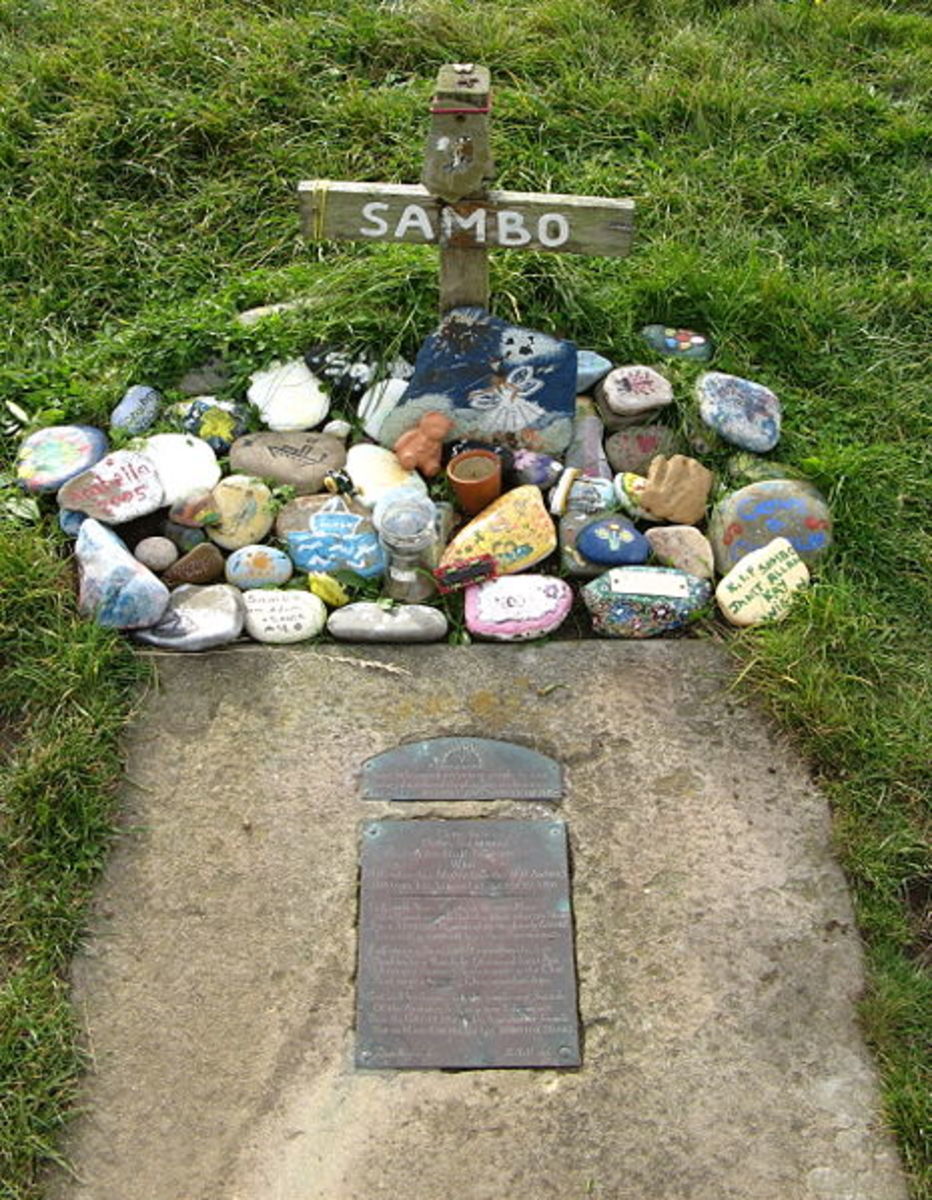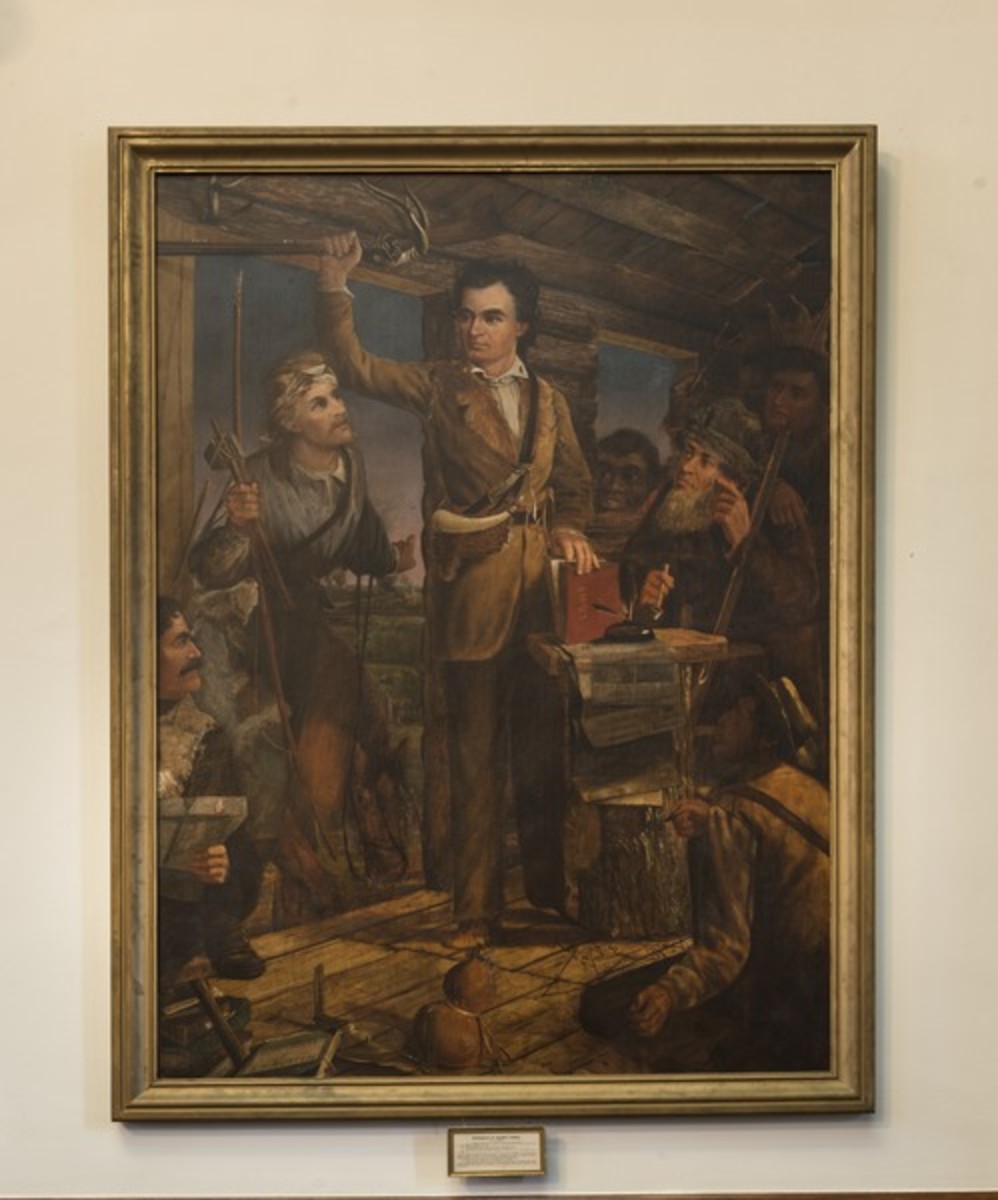- HubPages»
- Education and Science»
- History & Archaeology»
- History of the Americas
Black History Month 2013: From Slavery to Equality
Each year since 1926, Black History Month has been observed in February. It began, however, as Negro History Week and later expanded to and evolved into Black History Month. It was established by Carter G. Woodson, who “realized the importance of proving a theme to focus the attention of the public,” according to the Association for the Study of African American Life and History. Through the years, ASALF has provided themes that “reflect changes in how people of African descent viewed themselves, the influence of social movements on racial ideologies, and the aspirations of the black community.” In 2010, for example, the theme was “The History of Black Economic Power; in 2011, “African Americans and the Civil War; in 2012, “Black Women in American Culture and History,” and in 2013, “At the Crossroads of Freedom and Equality: The Emancipation Proclamation and the March on Washington.”
The 2013 theme marks the 150th anniversary of the Emancipation Proclamation and the 50th anniversary of the March on Washington—the tipping point of the civil rights movement. Besides that, Martin Luther King Day and President Obama’s second inauguration were observed on January 21, 2013. “All in all,” wrote Ellen Freudenheim on the website about.com, “2013 offers a chance to savor the rich, broad menu of possibilities for study, memories and celebration of these extraordinary events, separately and in relation to one another.”
Well and good! But the hugest chunk of black history is omitted, which is slavery. Slavery covered about 244 years of the 394 year-old-history of black Americans. This period is so important, not because it should be an eternal reminder to Euro-Americans of the unimagined evil perpetrated on blacks, but because it is a constant reminder to people of color how far the race has come.
The cruelest era in black history is, indeed, the slave era. Its origin is difficult to determine because the 20 blacks that were turned over to the colonies by the captain of a Dutch ship in exchange for food and other necessities in 1619 worked as indenture servants, and some were freed after serving out their time. The million plus who were brought to America over the next two centuries arrived in chains and died in chains. The slave era, therefore, evolved over time.
By 1776, with the invention of the cotton gin, slavery was forced upon blacks to a larger degree. The purpose of slavery, according to Ebony Pictorial History of Black America, was “to ensure whites the unencumbered enjoyment of vast profits” by “total suppression and denial of black people’s humanity.” Therefore,legal codes were put in place in various states that were designed “to impress upon the slaves the utter futility of any thought…of ever rising above their status as powerless and voiceless pieces of merchandise… As chattel, they could be sold, rented, mortgaged, bartered, given away, deeded and used as collateral in business transactions.”
Since the codes did not allow slaves to enter into legal contracts, slave families were often broken up by the sale of one or more of its members, because their marriage was not legal.
“The codes also held slaves legally accountable and subject to punishment for any violation. Under the codes, a salve could not point a finger at a white person, use insulting or abusive language, strike back when hit by a white man, beat drums, blow a horn, possess guns or liquor, administer drugs to whites, practice medicine, swear, smoke, walk with a cane, gamble with whites, raise animals or crops for himself, ride in a carriage…, and attend a gathering of more than five…unattended slaves,” according to Ebony Pictorial History of Black America. The most common punishment for violation of the codes was flogging in public, and in the case of a stubborn slave, the court would order him branded or mutilated in various ways that would not interfere with his effectiveness as a laborer.” In cases of capital offenses or attempted rape of white women, a public hanging was carried out.
The immoral behavior that escaped the eyes of written history, slave owners act of using slave women to satisfy their sexual urge, could not flee from the evidence left behind—children with white-folks’ hair and paper-bag skin color—can never escape the eyes of history.
The 100 years from the Emancipation Proclamation to the March on Washington was not as cruel as the slavery era, but it was equally as shameful. Blacks were denied education, rendered unqualified for journeymen jobs, refused business capital, and relegated to inferior status.
The last 50 years, since the March on Washington, have been much better for blacks, but the journey is not complete. The black unemployment rate is higher than that of whites. Wages are lower. Life expectancy is shorter. The college education rate is less. Retirement benefits are much smaller (Statistics are easy to find that shows the inequities between blacks and whites. Therefore, they are not cited).
The one undeniably bright spot in black history is the fact that blacks have never been alone in the struggle to be recognized as being “created equal” and having equal rights. Even in the institution of slavery, whites were fighting to stop it. A white man fought for their freedom and even singed the Emancipation Proclamation. Whites marched with Dr. Martin Luther King and gave their lives. Whites passed civil rights laws. Whites, along with blacks and Latinos, put President Barack Obama into the White House as the first black president of the United States of America, as well as gave him a second term.
The unending journey toward racial equality may still be in the distant future, but black Americans are still singing with the audacity of hope, the boldness of belief, and the strength of love the old spiritual and civil rights song, “Black and white together, we shall overcome some day…Oh, deep in my heart, I do believe we’ll will walk hand in hand someday.”






